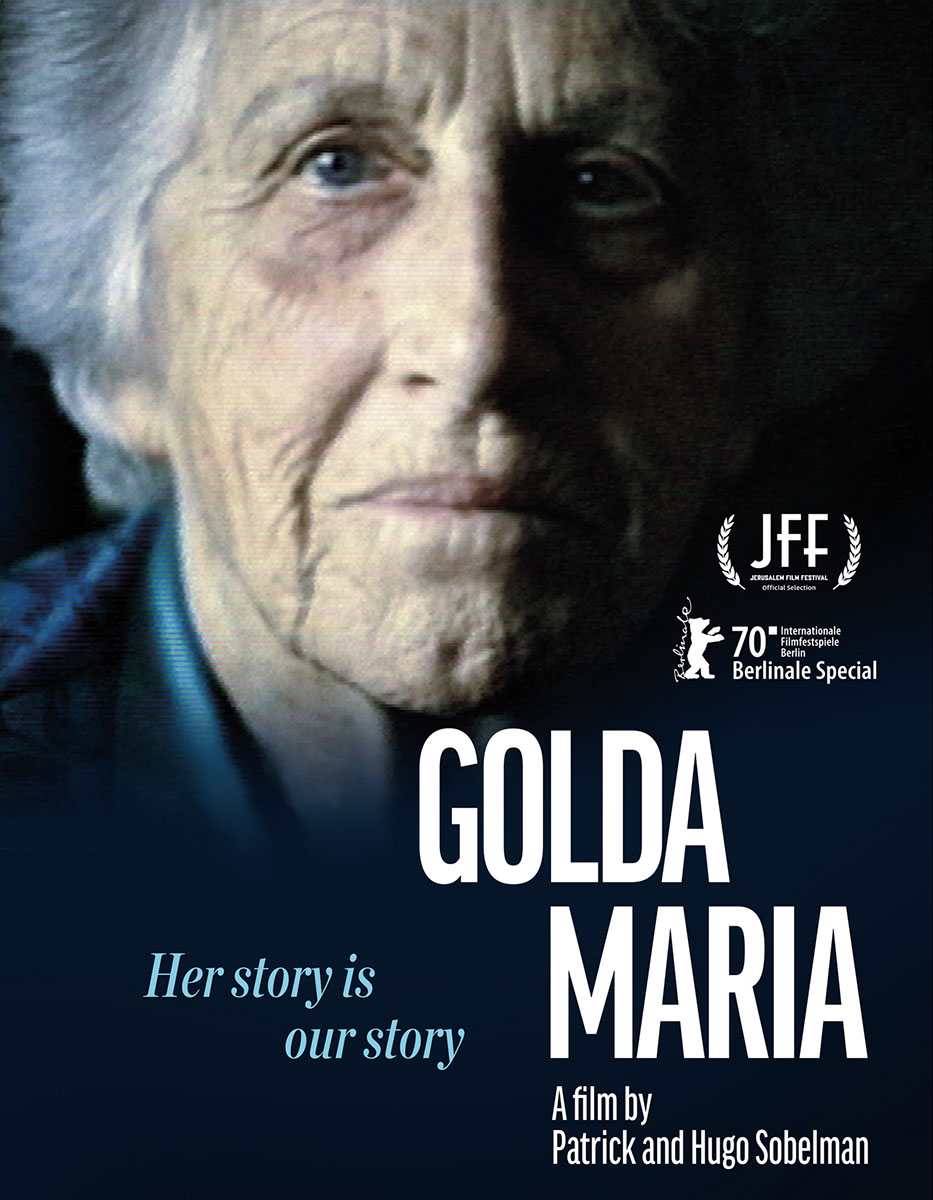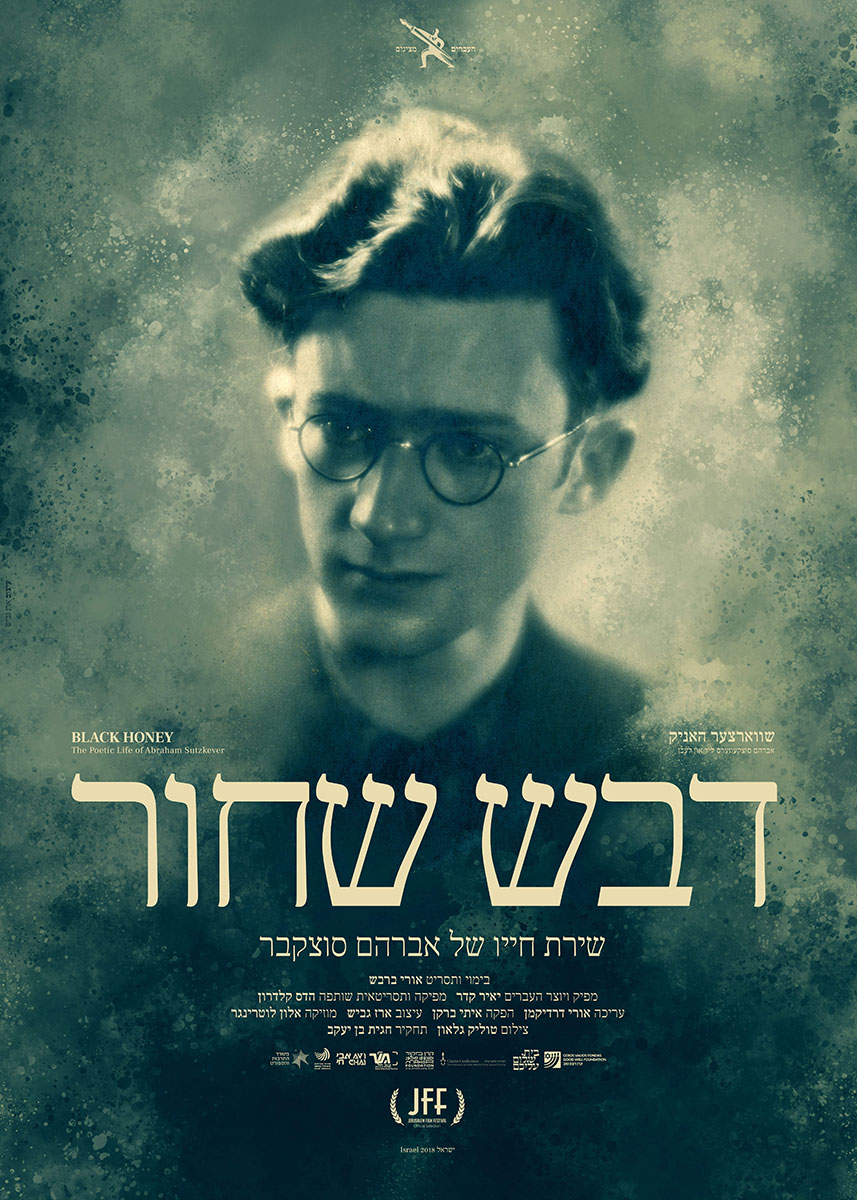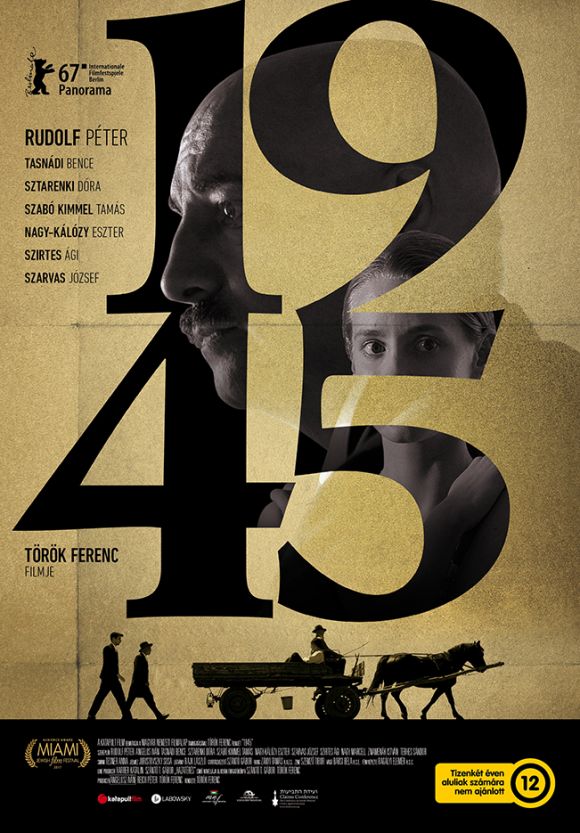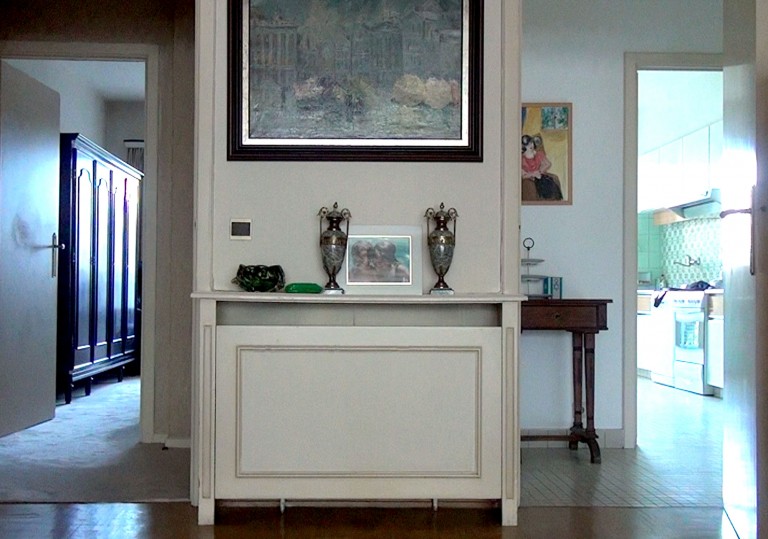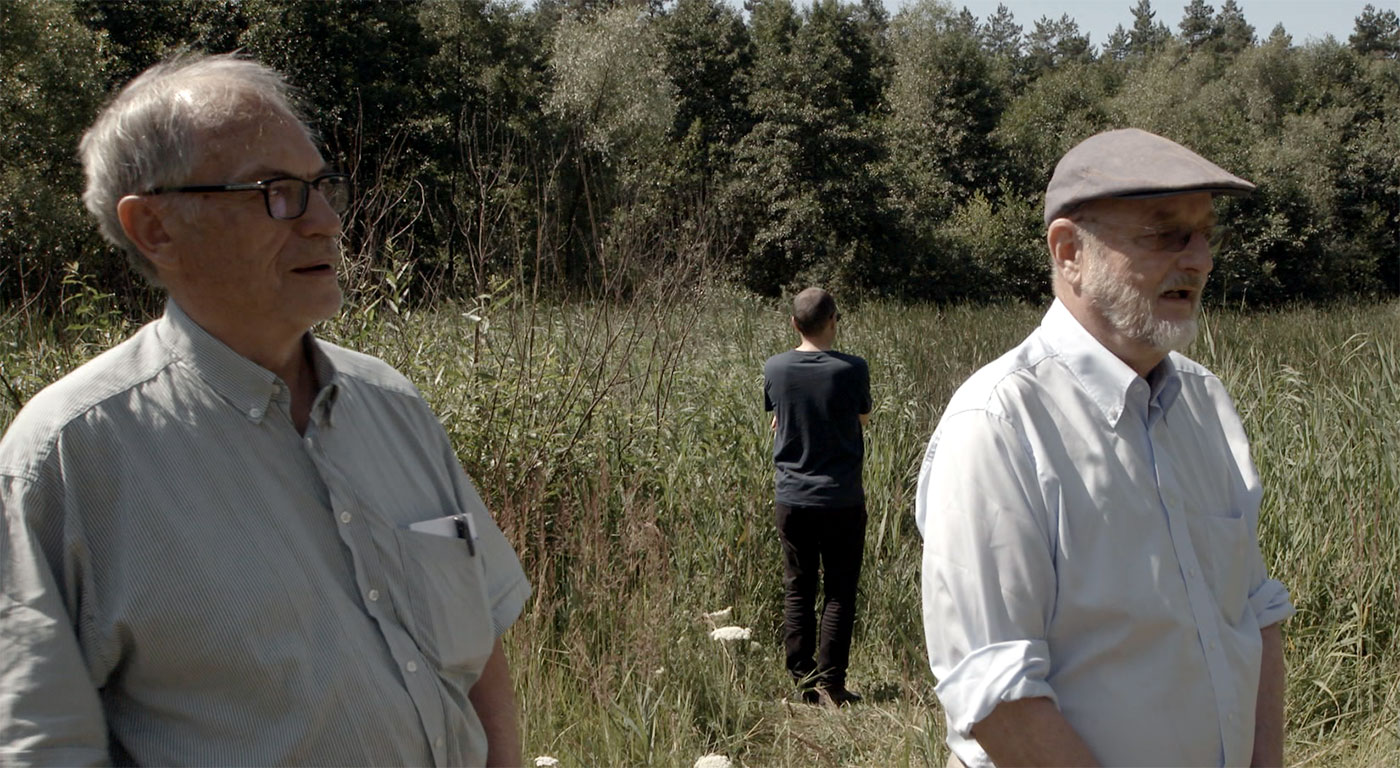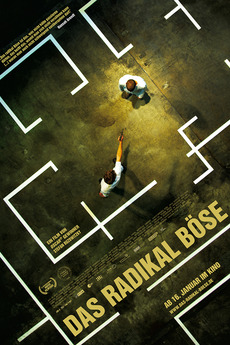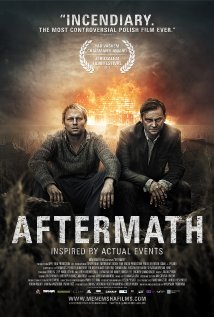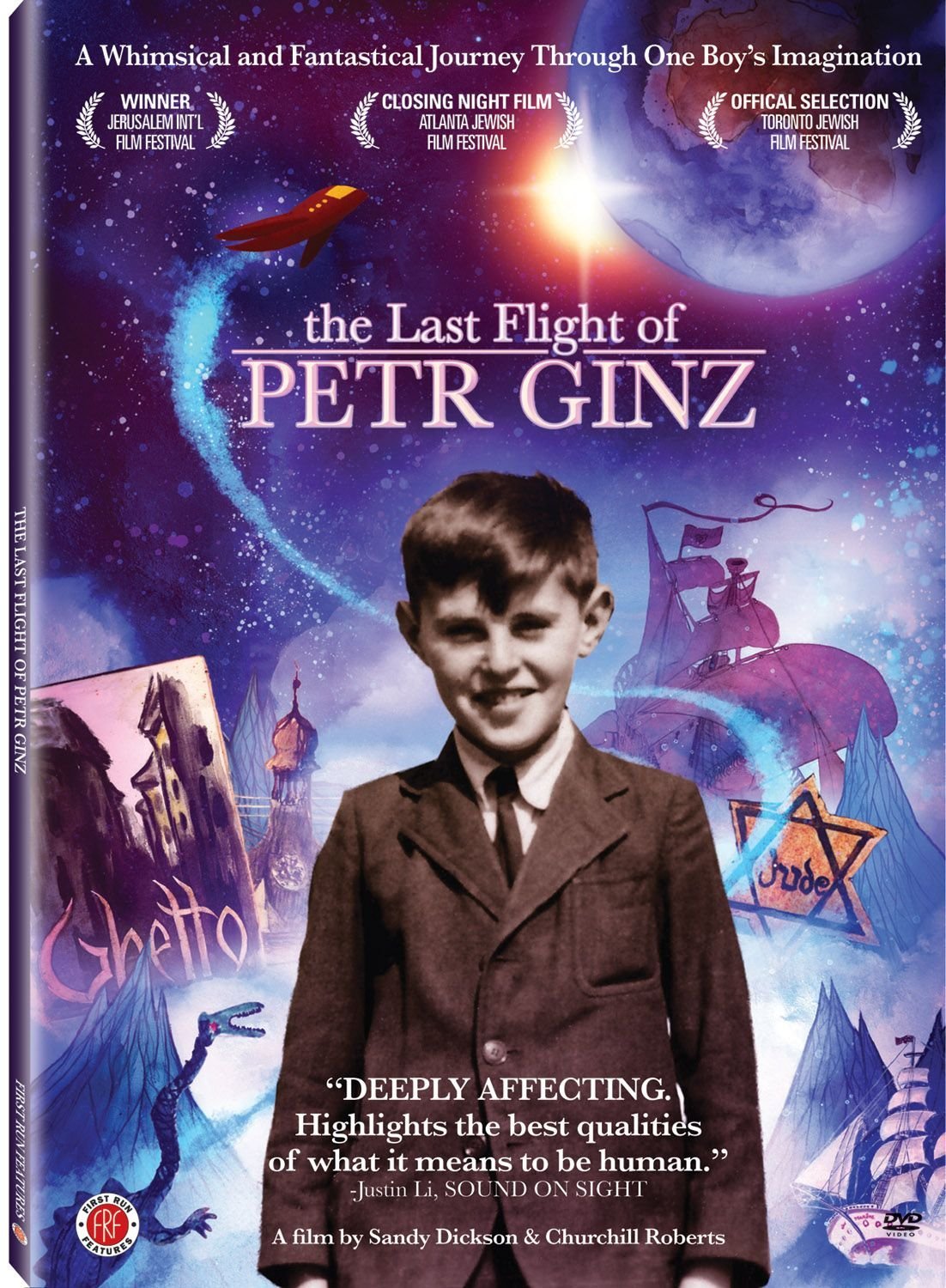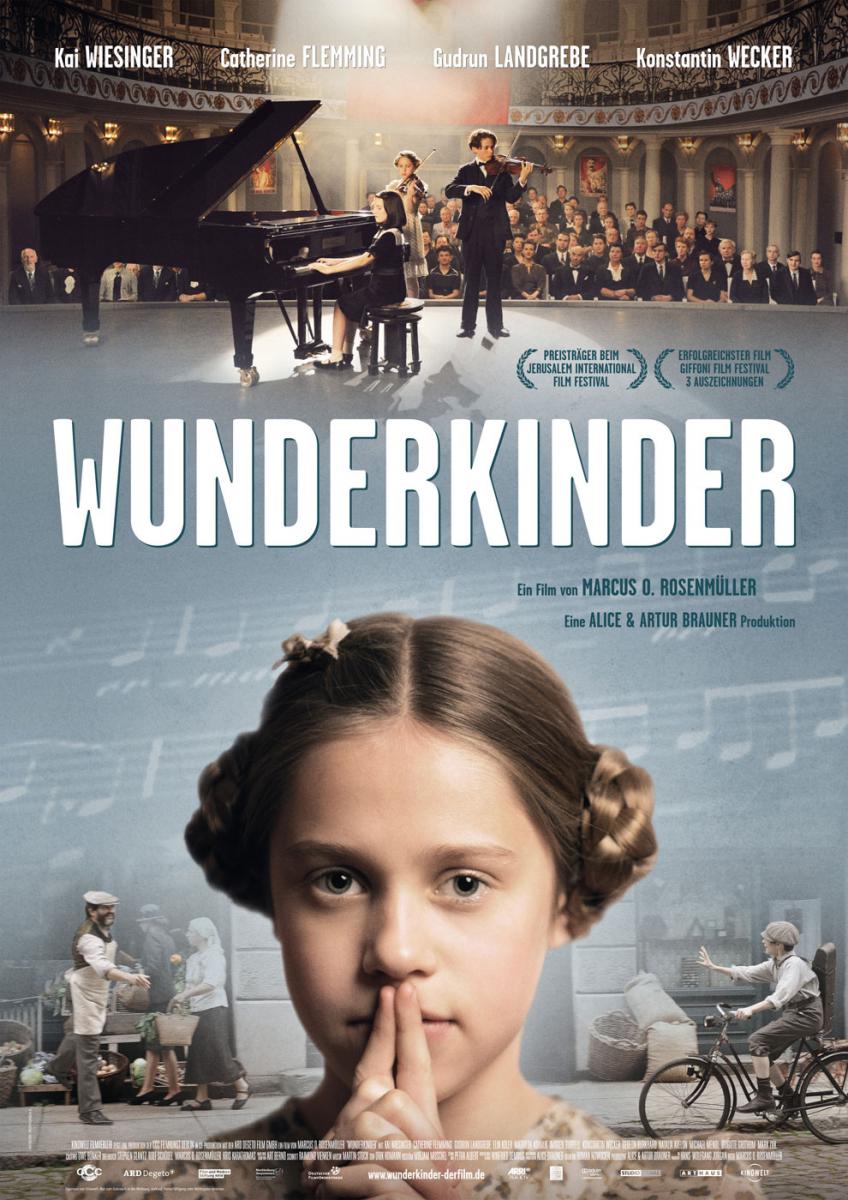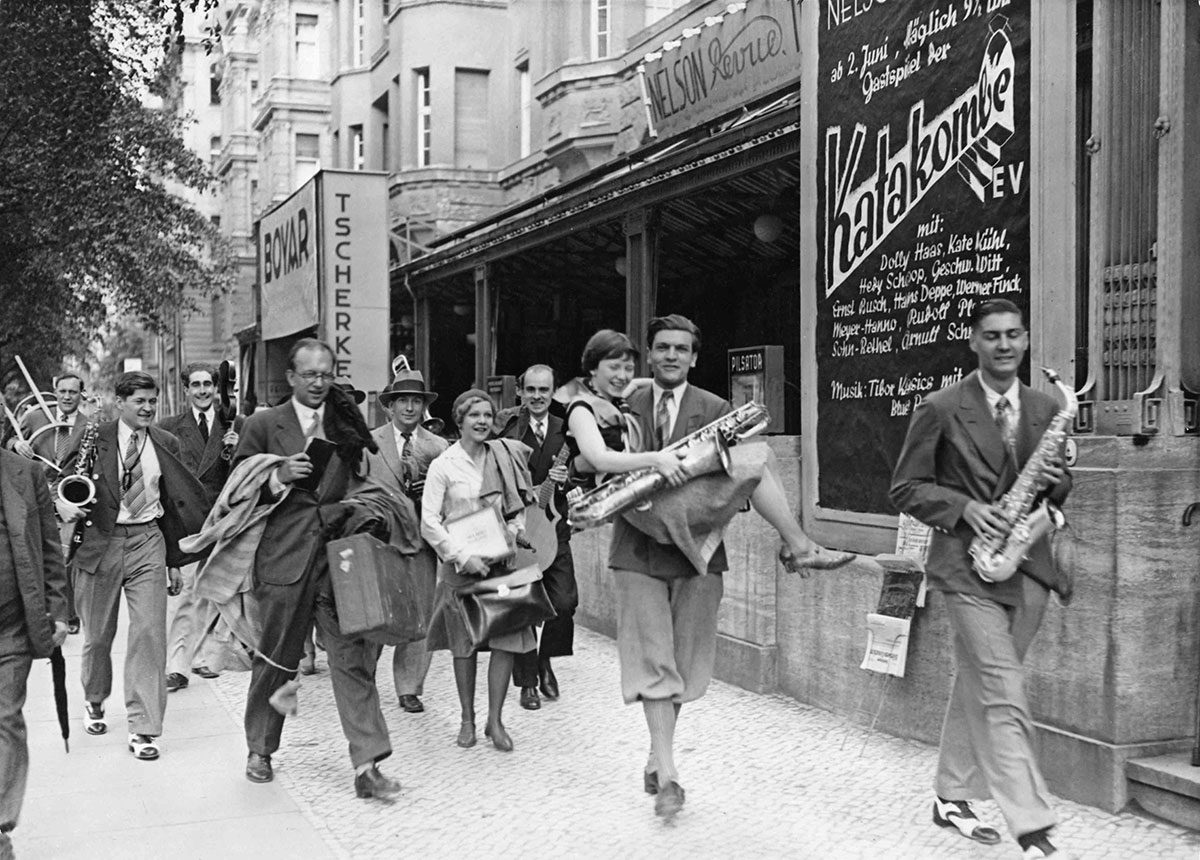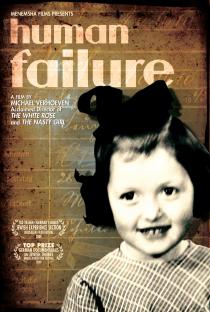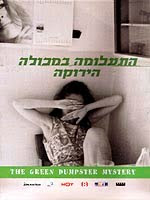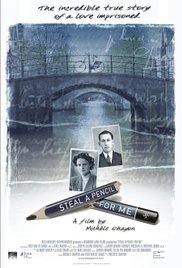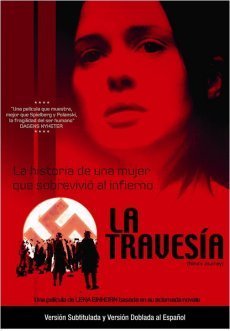“Since 2006, the Visual Center has granted The Avner Shalev Award for Artistic Achievement in Holocaust-related Film, to acknowledge that film has become the most compelling international language, whose influence will only grow with time. The award enables the Visual Center to maintain its ongoing commitment to excellence in the field of Holocaust Cinema.”
Avner Shalev, former Chairman of the Yad Vashem Directorate
Avner Shalev Award Endowed by the generous support of Michaela and Leon Constantiner, New York, granted annually at the Jerusalem International Film Festival.
2020: "Golda Maria", Patrick Sobelman and Hugo Sobelman
Seventy-five years after the end of the World War II and the Holocaust, there is much discussion about what will we do when the survivors are no longer with us to tell stories and impart their wisdom. Golda Maria is a minimalistic presentation of the testimony of a woman survivor from France. It is an intergenerational film about passing on personal history, because she told her story to her grandson in the 1990’s, and then after her passing, her grandson and his son took her testimony and with a dexterous but light touch presented it to the public. Her story unfolds as her willingness to speak increases, and slowly she recounts her experiences in the Holocaust, the story of a married woman who at the time was forty years old with two children. Her testimony is genuine, and her natural reticence ultimately imbues it with force and emotion. Golda Maria puts the voice of the survivor up front, on film, extending the boundaries of the family film, the memoire and the video diary, ensuring that voices such as hers will not only be preserved but heard by generations to come.
Avner Shalev is retiring from Yad Vashem after twenty-seven years. Among the most salient points of his legacy was to ensure that the Jewish experience, the story of individuals, family and community, and the voices of survivors would be placed at the heart of discussion about the Holocaust. For this reason too, “Golda Maria” (France, 2020) is a fitting choice the Avner Shalev Award for 2020.
Jury members: Mimi Ash, Dr. Rob Rozett, Lital Beer, Liat Benhabib.
2019: "Heimat is a Space in Time", Thomas Heise
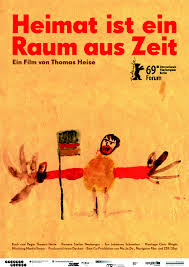
"Heimat is a Space in Time", Thomas Heise
By means of a fascinating combination of cinematic media: narrative, visual, and sound, together with letters, archival documents, and recordings, director Thomas Heise presents a profound family portrait, reflecting the relationship between the events of the Holocaust, and the way in which they are remembered in the present. By reading both familial and official documents in his own voice, Heise has created a powerful cinematic experience that serves to perpetuate the memory of the Holocaust, by looking consciously at the past, in order to lay the foundations for a new perspective on life in the present.
Jury members: Sharon Balaban, Aleeza Chanowitz, Yaara Kedem.
2018: "Black Honey, The Life and Poetry of Avraham Sutskever", Uri Barabash
The film is significant because it introduces us to Avraham Sutzkever, the most prominent Yiddish poet of the twentieth century. Barbash draws a portrait of Sutzkever the man and the artist, stressing not only the centrality of the Holocaust in Sutzkever's work, but also, the latter's lifelong commitment to Yiddish poetry, even in Israel, where he did not receive the recognition he deserved.
Jury members: Susan Engel, Dan Michman, Amichai Greenberg.
2017: "1945", Ferenc Török
This innovative mystery unravels amid a landscape of cataclysm. Its stunning cinematic vision exposes the corrosive power of anti-Semitism and collaboration during the Holocaust.
Jury members: Dr. Efraim Zadoff, Helene Schouman, Lisa Rivo
2016: "No Home Movie", Chantal Akerman
The film documents Akerman's special relationship with her elderly and ailing mother, Shifra/Natalia, an Auschwitz survivor. The mother's apartment in Brussels is poignantly portrayed as a lonely space, full of objects but almost devoid of life, which is found, in contrast, in the loving dialogue between mother and daughter.
In her last film, Chantal Akerman struggles to break her mother's silence about the dark past, without succeeding. The absent presence of the Holocaust haunts the film like a specter.
Jury members: Hélène Schoumann, Rachel Barkai, Dr. Tobias Ebbrecht-Hartmann
2015: "A Nazi Legacy: What Our Fathers Did", David Evans
For courageous documentary filmmaking, recording the attempt by two sons of notorious Nazi war criminals to make sense of their fathers' actions, in the course of their encounter with a Jewish expert on international law, who lost many family members in Galicia/Ukraine during the Holocaust, as a direct consequence of the crimes committed by the fathers of his interlocutors. The film deals with the complexity of the second generation's confrontation with history, which continues, relentlessly, in the present.
Jury membres: Dr. Rob Rozett, Liat Benhabib, Mimi Ash.
2014: "Radical Evil", Stefan Ruzowitzky
The film turns the issue of mass murder during the Holocaust and the behavior of the murderers into a matter relevant to viewers today. Through a clever combination of archival footage, dramatic sequences, and interviews, the director reveals the inner makeup of 'regular people' who became murderers.
Jury members: Bruce Goldstein, Dr. Ofer Ashkenazi, Irit Sheleg.
2013: "Aftermath", Wladyslaw Pasikowski
Aftermath is a gripping journey into the heart of the Holocaust’s darkness, a film that manages both to reckon with the most painful of historical events and to bring them eerily to life in the present tense. Polish director Wladyslaw Pasikowski’s film is a courageous—and necessary— reckoning with willful forgetting; it’s also a visually startling and wrenching movie about Poles and Jews, brothers and neighbors, and what lies beneath them.
Jury members: Ami Drozd, Adina Hoffman, Prof. Régina-Mihal Friedman.
2012: "The Last Flight of Petr Ginz", Sandra Dickson
The film exposes the rich inner world of the artist Petr Ginz, a fourteen-year-old boy who was murdered in the Holocaust. The filmmakers treat the valuable materials, drawings, stories and diary of Peter, with the talent, respect and sensitivity that they deserve. They integrate into the story original animation, loyal to Petr’s visual style. The film is a monument to Petr, whose talent is an inspiration for children, adults and artists everywhere.
Jury members: Lesley Sachs, Dr. Lillian Trgovenik, Tal Yoffe.
2011: "Wunderkinder", Marcus O. Rosenmüller
The film is dedicated to the memory of the million and a half Jewish children who perished during the Holocaust, and tells the story of the friendship between children growing up during the darkest time of the Jewish people. Their story is told in an unusual and delicate manner that steers away from banality. The choice to include children in each one of the film’s scenes is commended for its thoughtfulness and natural realization. We also commend the choice of the Jewish family to hide a German family and vice-versa.
Jury members: Dr. Aviad HaCohen, Avner HaCohen, Rabbi Nava Hefetz, Stuart Schoffman.
2010: "Cabaret Berlin", Fabienne Rousso-Lenoir
By artistically combining audio and visual archival materials, the filmmakers focused on the Berlin cabaret "scene" during the 1920's, where creative individuals (including many Jews), brought into being an incisively satirical world of words and music concerning events in Germany after the First World War. Interesting, contemporary and unconventional cinema make “Cabaret Berlin - The Wild Scene” worthy of the Avner Shalev Yad Vashem Chairman's Award for Holocaust Cinema.
Jury members: Dr. Reuven Garber, Prof. Richard Cohen, Adva Magal.
2009: "Human Failure", Michael Verhoeven
The jury praised the filmmaker’s courage in as “…revealing the collaboration of all of German society with the Nazi regime.” The jury stated further that “Verhoeven chronicles what he calls the ‘systematic looting of the Jews by the Germans’.”
Jury members: Roni Yavin, Dr. Asher Sela, Anat Tsuria.
2008: "The Green Dumpster Mystery", Tal Yoffe
This film successfully waves the story of the Shoah – with an artist’s hand.
The Shoah sneaks into the story, through the back door and turns into the central experience of the film, corresponding with a feeling of survival, documentation and continuity. The main strength of the film lies in its sense of research that maintains the high level of suspense during the story. Through a collection of lost pictures the director instills life in characters of the past – and creates hope for the future.
Jury members: Sara Blau, Ariela Piattelli, Eliezer Shapiro.
2007: "Steal a Pencil for Me", Michèle Ohayon
With wonderful storytelling ability, "Steal a Pencil for Me" unfolds a surprising love story that gave its heroes, Jack and Ina, the emotional strength to survive the period of the Holocaust.
Jury members: Prof. Hannah Yablonka, Dr. Manuela Consonni, and Yuval Rivlin.
2006: "Nina's Journey", Lena Einhorn
The film Nina’s Journey, by Swedish director Lena Einhorn brings to the screen the story of the director’s mother, Nina. Brilliantly acted and directed, “Nina’s Journey” interweaves three genres that are characteristic of Holocaust film – personal testimony, archival footage, and dramatic re-enactment. By juxtaposing the three, the director underscores yet also transcends the limitations of each, achieving a synergy that gives her film a rare degree of truth and emotional power.
Jury members: Prof. Aharon Feuerstein, Stuart Schoffman and Rabbi Levi Weiman-Kelman.
Avner Shalev Yad Vashem Chairman’s Honorable Mentions
2015: "Every Face Has a Name", Magnus Gertten
For thoughtful and creative documentary research, which leads to increased awareness of the basic human dignity of every individual; and for the preservation of knowledge and information by virtue of its examplery use of archival footage.
2014: "Night Will Fall", André Singer
For extraordinary research and historically significant documentary on the filming of one of the earliest film documents of the Holocaust. This film uses remarkable archive footage and testimonies from both survivors and liberators, and tells of the efforts made to document the almost unbelievable scenes that the Allies encountered on liberation. The film touches upon how a team of top filmmakers, including Sidney Bernstein, Richard Crossman and Alfred Hitchcock came together to make a film to provide undeniable evidence of what the Allies found.
2013: "Bureau 06", Yoav Halevy
"Bureau 06" is an energetic, well-researched examination of the police unit assigned to interrogate Adolf Eichmann before his trial. While the Israeli public knows a great deal about the trial itself, the story of the legal preparation for the case — and the characters involved in that complicated process — has been until now largely hidden from view. This documentary takes us behind the scenes of this dramatic historical moment in dynamic and surprisingly moving fashion.
2011: "In Heaven, Underground: The Weissensee Jewish Cemetery", Britta Wauer
The film “In Heaven Underground” is a fascinating documentation of the Weissensee Jewish Cemetery, revealing German Jewish life in all of its diversity during the past two hundred years. German Jewry, one of the most remarkable Jewish communities in western Europe, is revealed to us through the cemetery's history. The filmmakers aptly portray the dissonance between the cemetery as the space of death and, at the same time, as a place where the pulse of life vibrates. The film also succeeds in portraying the pluralism of the community in Berlin.
2010: "The Karski Report", Claude Lanzmann
The focus on one man and on the way he describes his fateful meetings at a critical point in time, by means of a cinematic method that places at the core of the film a unique testimony, that reveals the inability of the free world to comprehend what happened in Europe, "The Karski Report" merits an Honorable Mention within the framework of the Jewish Experience.
2007: "I Have Never Forgotten You: The Life and Legacy of Simon Wiesenthal", Richard Trank. "Spell Your Name", Sergey Bukovsky
"Spell Your Name" directed by Sergei Bukovsky
The Holocaust in Ukraine unfolds in Bukovsky's film in a most gripping storytelling and compelling cinematic expression. The film is thought provoking and represents a unique aspect on the oeuvre of Survivors’ testimony collection and the understanding of historical narrative for generations to come.
"I Have Never Forgotten You: The Life and Heritage of Simon Wiesenthal" directed by Richard Trank
This fluent film illustrates the complexity of the life work of the most outstanding of those struggling to bring the Nazis to justice, in a post-World War Two Austria that still denied its past.
2006: "La Maison de Nina", Richard Dembo
The film presents a variety of gripping Holocaust stories seldom told, in particular the heroic effort to assist child survivors of the death camps in their traumatic re-entry into a seemingly normal world.




